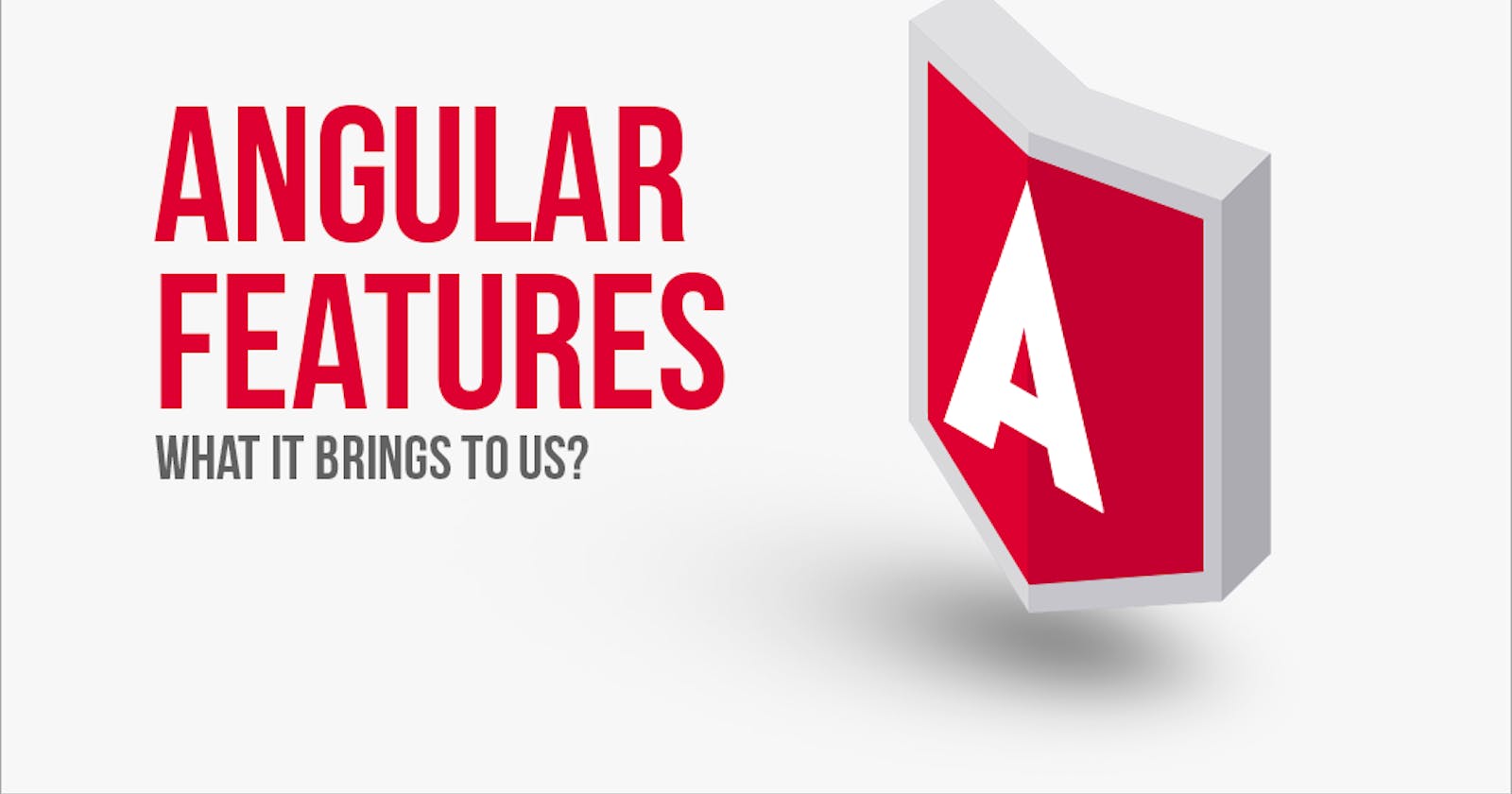Table of contents
Yay!! I wrote another article. I know I have been very far from consistency. As promised in my last article, I intend to stay true to my word and take writing seriously even though that has not been the case for over six months.
It took a long time to write another article because I was occupied with life! Well in that phase, I acquainted myself with Angular, a JavaScript framework famous for building lightweight, single-page applications.
That being said, learning Angular is a great choice to pick either as an addition to your stack or as your first frontend framework. It is important that you get your hands dirty with vanilla JavaScript before attempting or taking up one of its frameworks. Never underestimate the fundamentals of programming. Never.
What Is Angular?
According to the official site which you can find here, Angular is an application design framework and development platform for creating efficient and sophisticated single-page apps. Angular was developed by Google for the development of dynamic web pages and it supports open-source too! So as a developer, if you are looking out to create a user-driven application then Angular is your go-to.
As a development platform, Angular is a component-based framework in conjunction with a collection of well-integrated libraries and a packet of developer tools to assist you in developing, building, testing, and updating your code.
Angular is built on Typescript, a superset of JavaScript. Look at it as JavaScript and more, intriguing right? Well, if this is new to you, look it up here. It is important to note that, if you are new to frontend development or software development from a general scope, delving into a framework can be overwhelming. As I mentioned earlier, it is advised you start with the basics – HTML (Hypertext Markup Language), CSS (Cascading Style Sheets), and JavaScript.
Why Do I Need To Study Angular?
Over time, a lot of developers are motivated to pick a language or framework based on its popularity, crowd pulls in the tech ecosystem more than the language/framework’s features. Worthy of note, angular has popularity, relevance in the tech space, and mind-boggling features. I penned down just a few, so you can still go ahead and do your research about this baddie; still talking about Angular of course, lol.
Angular has the complete frontend package, built-in support, MVC (Model View Controller) Architecture, and Cross-Platform development. Some notable features include,
Bi-directional data flow: Angular synchronize the flow of data from the model to the view seamlessly.
Modular development structure: Angular organizes code and functionality into modules that segregate the application’s features into reusables chunks.
Awesome Command Line Interface (CLI): This is one of the reasons why Angular has a short learning curve. I particularly love this feature because it does everything from creating a new project, services, components, or whatever your project needs. It also provides a standard way to run your tests as well. Isn't that amaze-balls?!
Community Support: There’s a large community ranging from the development team to the technical experts responsible for the maintenance of Angular. Also, in a bid to support Angular, Google developers are offering LTS (Long-Term Support) for Angular to scale up applications developed with Angular. FYI, big brands like Netflix, Gmail, YouTube TV, and Upwork use the Angular framework.
Again, it has high performance for hefty applications, great flexibility, and is effective for cross-platform development.
Conclusion
If you made it to this section, then, it is safe for me to say angular caught your attention. Yes! Angular is unarguably amongst the leading frontend frameworks and an underrated toolkit. So, if you decide to pick up this learning framework, then you made such a solid choice. High tops! Solid choice because Angular gives you everything you need to build a dynamic webpage. That’s some powerful tool if you ask me.
Well, when you decide to add this framework to your technology stack, I'd advise you to gather as many learning resources as much as you can, I highly recommend Maximillian Schwarzmuller’s Udemy Course. The course is in-depth and informative but in case you want to stick to free courses, you can look up this article by Javin Paul here where he curated a list for freebies or Arc Tutorials on YouTube.
The learning process is quite challenging but I believe you learn better when you employ the hands-on approach. Always remember to do your research so you can really understand what’s going on and most importantly, there is a large community of developers out there who can help you and guide you through. Cheers!
I hope this article was helpful, do let me know in the comments.
